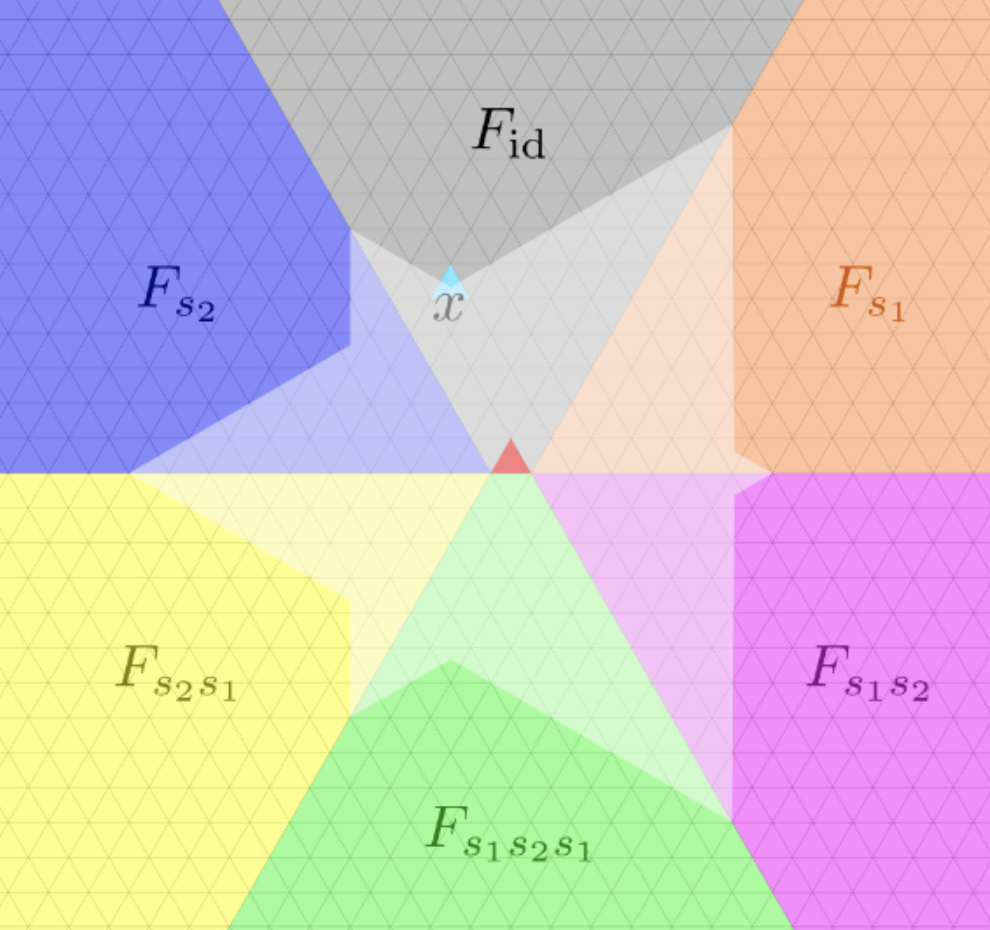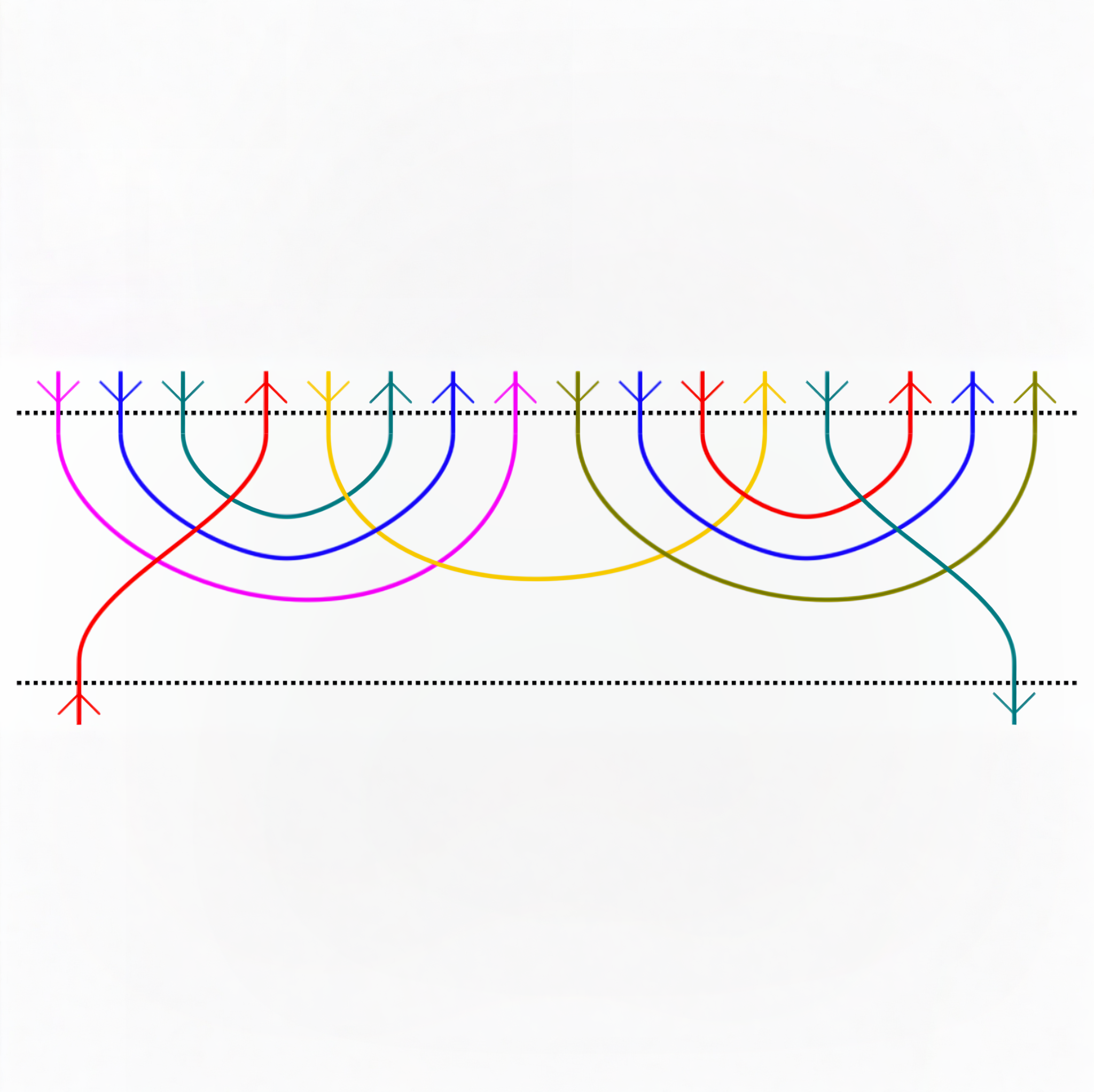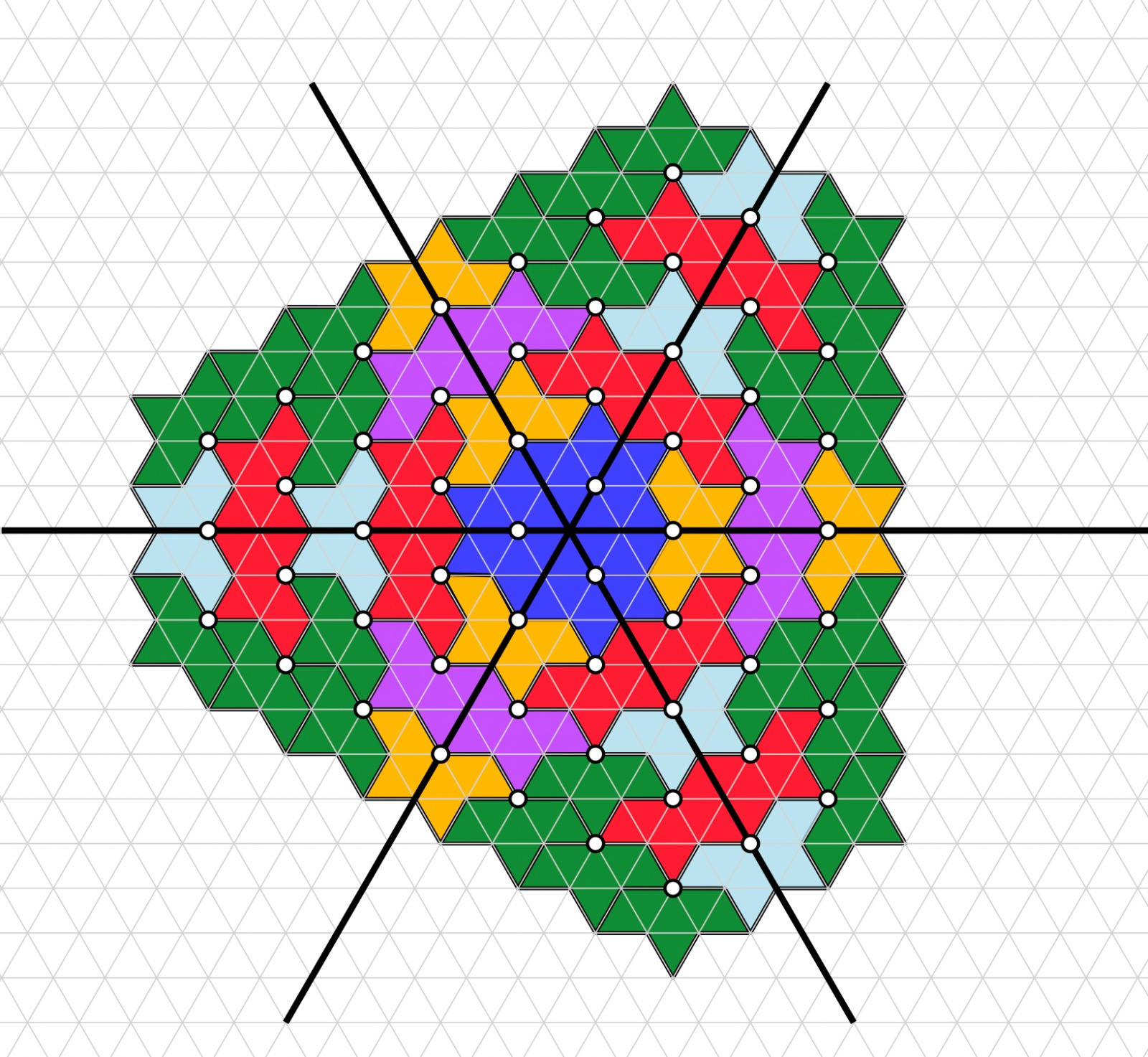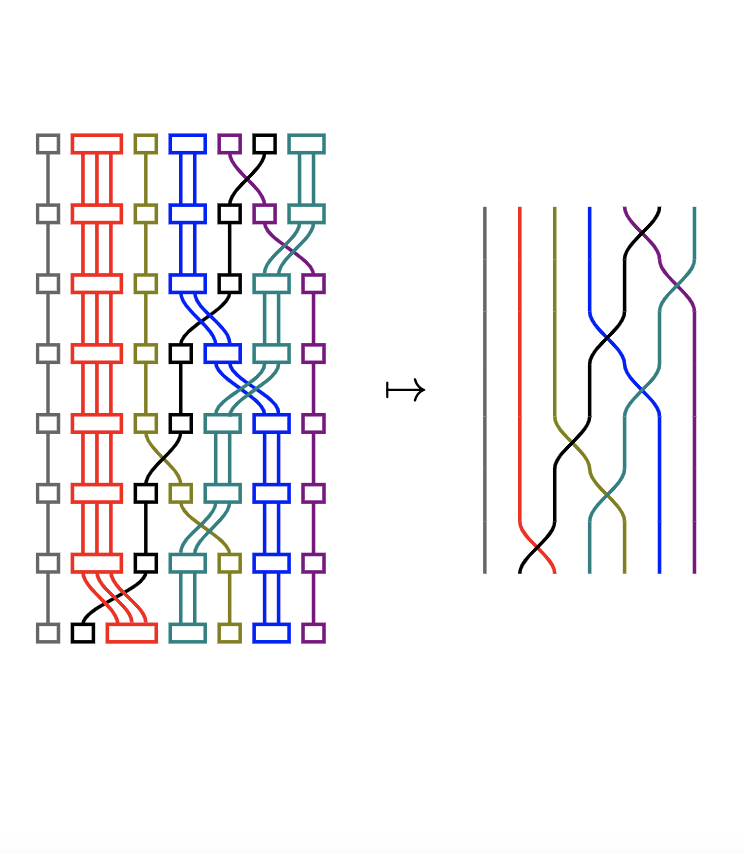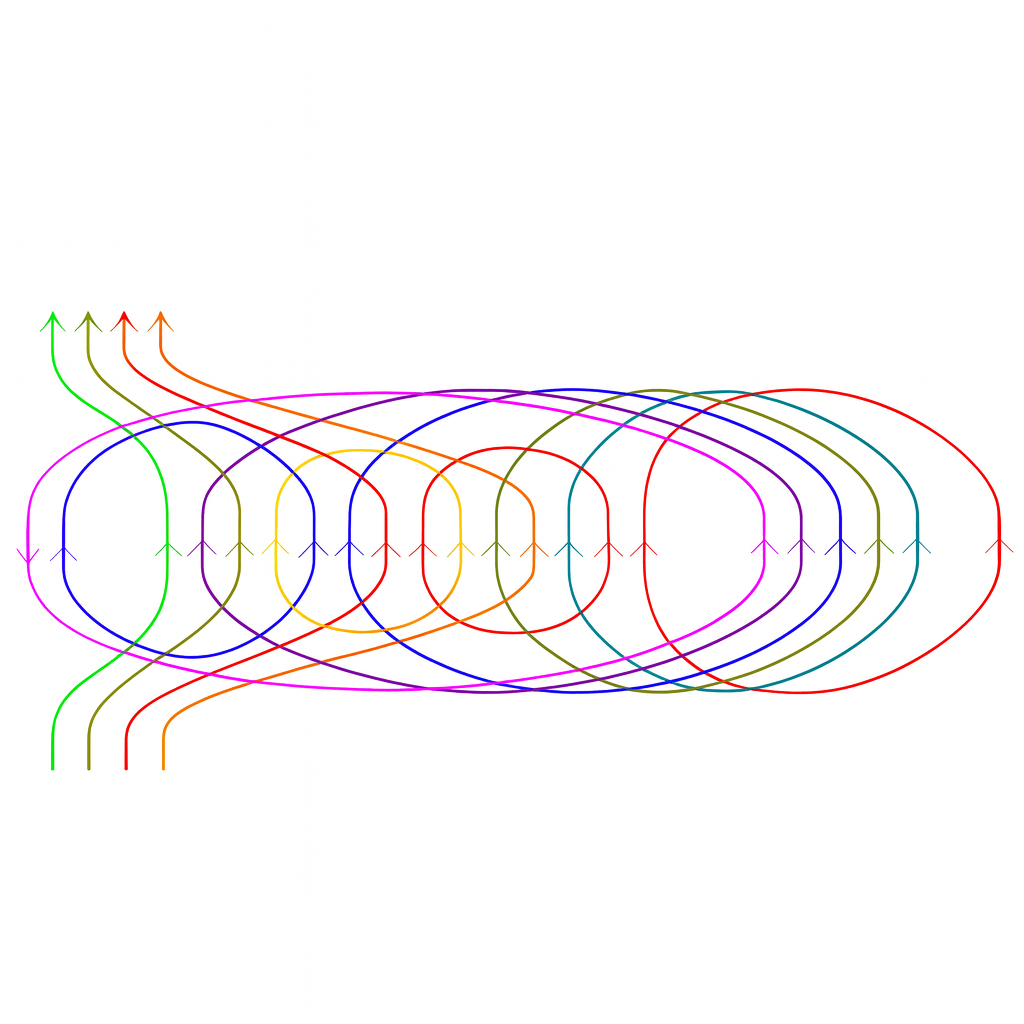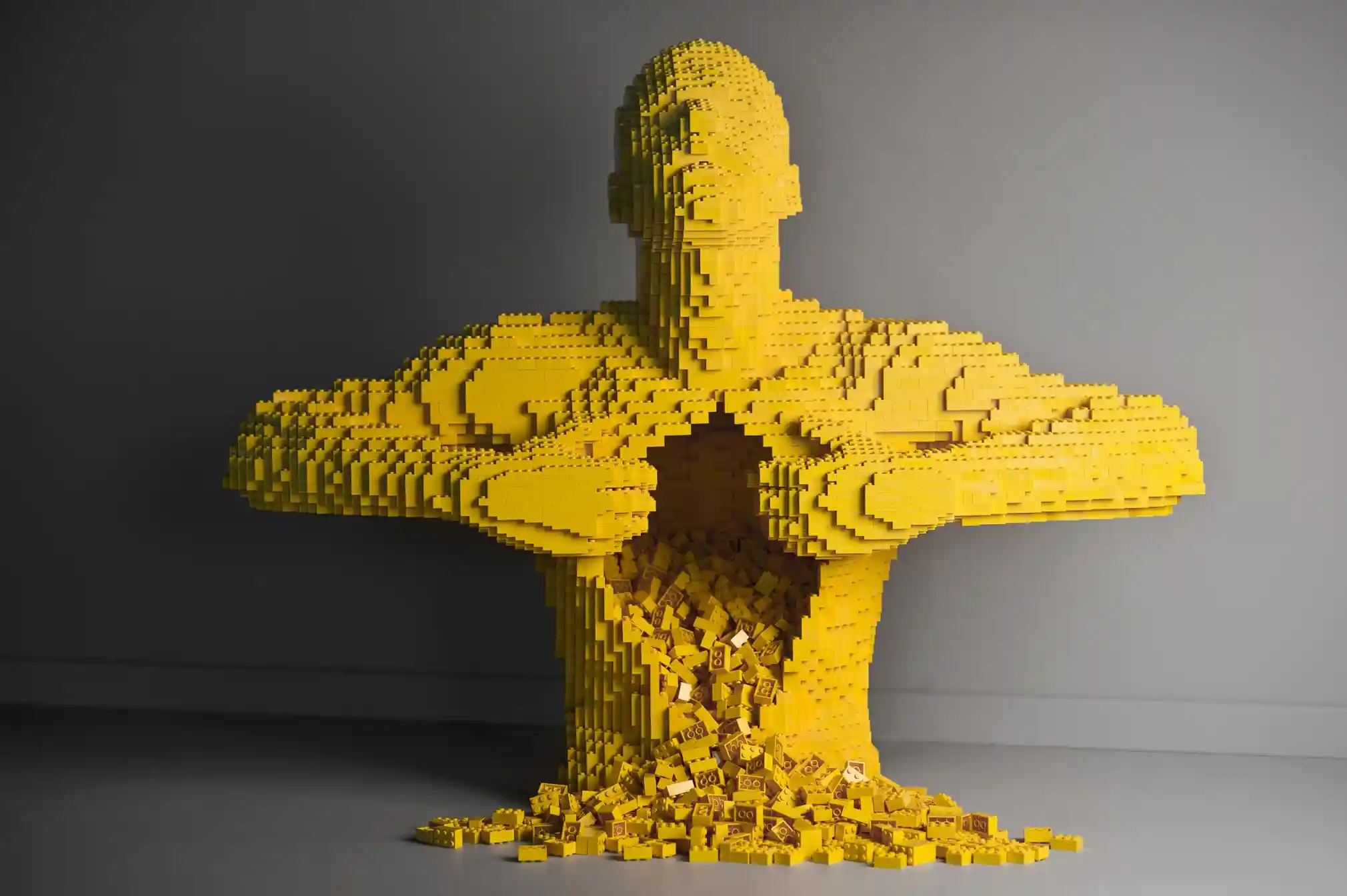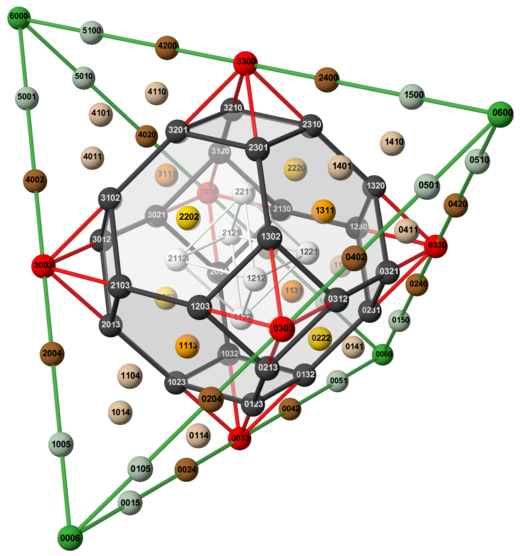Joint work with Federico Castillo, Damian de la Fuente, and David Plaza.
We introduce the notion of a Paper Boat: a new combinatorial object that tessellates the lower intervals of elements in the lowest two-sided Kazhdan–Lusztig cell. Using Paper Boats and convex geometry, we obtain formulas for the cardinalities of these intervals and show that they are given by (quasi-)polynomials. We further conjecture that, in fact, they are always genuine polynomials. As a byproduct of this work, we also discovered a natural partition of the group that is particularly well adapted to studying polynomiality, and which appears to have interesting applications in its own right.

